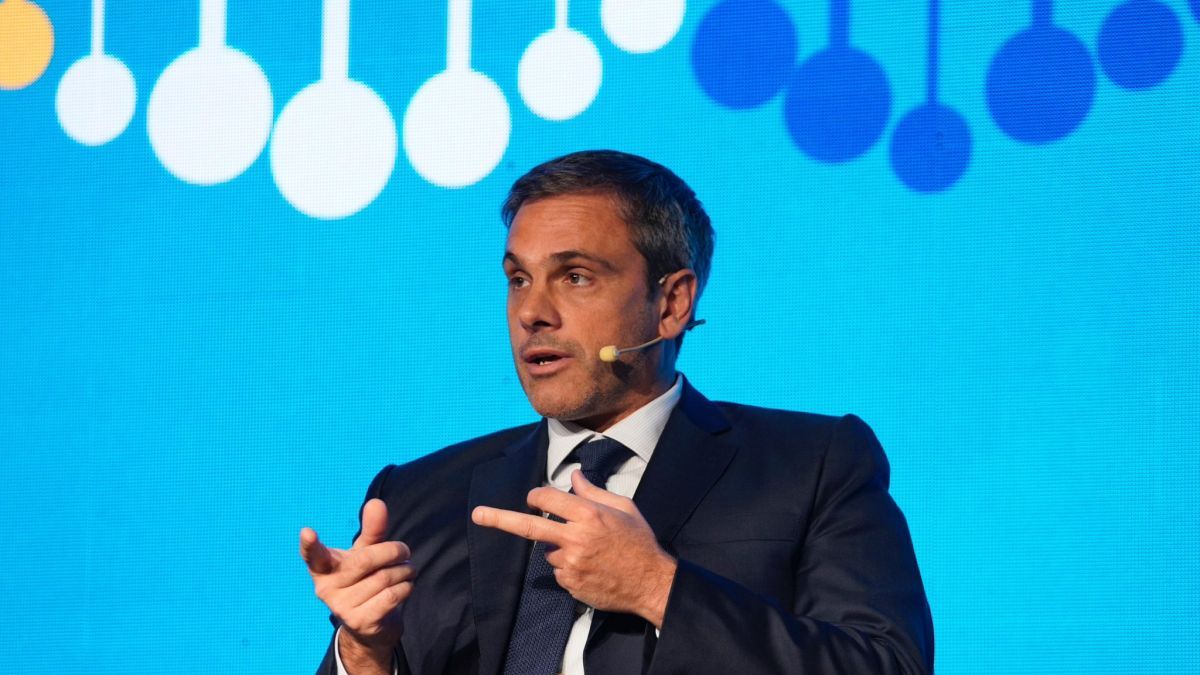The specialist in Tax Law and former director of Customs William Michel He left this Monday at the intersection of the government of Between Rivers for him tax collection and pointed out irregularities in the application of taxes during the 2024 fiscal period. Specifically, he referred to the special fund on real estate and automobile taxes established by Law 10,270.
Michel explained that said fund remained valid until December 31, 2023, according to Law 10,754. However, he reported that “During 2024, the provincial government continued to collect that fund even though it did not correspond.” “And what is more serious, those who paid late had to pay fines and interest on that fund,” he pointed out.
In response to the query of Scopethe lawyer predicted that the tax will be judicialized in the future, since taxpayers will go to court to claim for having had to pay a tax that, although it has the endorsement of the local Chamber of Deputies, has not yet been approved by the Entre Ríos Senate.
That situation, he admitted, would end up proving the eventual plaintiffs right. “Frigerio moved forward with this because he has no cash,” the leader said.
On a legal level, he stated that “without law taxes cannot be collected.” “Law 10,270 of December 2013 modified the Tax Code of the Province of Entre Ríos, establishing an additional 20% to 30% on the real estate or automobile tax. In the tax receipts this is identified in an item as ‘Fund of Social Security Law 10,270/Law 10,403′”, Michel explained.
Embed – https://publish.twitter.com/oembed?url=https://x.com/MichelGuilleOK/status/1881306195576655971&partner=&hide_thread=false
The Entre Ríos government must explain why it is charging a tax without law.
With this bill that is in the Senate, the Executive Branch seeks to cover up what we warned last October: that the provincial government was illegally charging the… pic.twitter.com/QxzPc5y7dH
— Guillermo Michel (@MichelGuilleOK) January 20, 2025
Immediately afterwards, he indicated that “article 24 of said law originally gave validity to this additional until December 31, 2015, which was extended year by year in each budget law.”
Subsequently, he recalled that article 26 of law 10,754, included in the 2020 Budget, of November 27, 2019, the additional was extended until December 31, 2023, by extending the validity of Articles 1, 2 °, 3rd, 6th, 8th and 9th of Law No. 10,270.
“The support that the provincial Executive Branch has to collect the additional was extended for the last time until December 2023. However, this additional fund is still being collected on the ballots,” the former official graphed. Last October, Michel had already warned that the Entre Ríos government had not extended the validity of the additional until 2024 and commented that, if so, they would have to “return to each Entre Ríos resident this additional charged without legal basis.”
Now, the leader recalled that during 2024 the provincial government continued to collect that fund even though it did not correspond. “What is more serious is that those who paid late had to pay fines and interest on that fund,” he explained.
At the same time, he stated that the 2024 fiscal period for the automobile and real estate tax has already been completed, therefore what was collected is absolutely illegal. ““The amount improperly charged by the government to the people of Entre Ríos is greater than 19,000 million pesos,” complete.
Senate Entre Ríos.jpg
The extension of the aforementioned tax does not yet have the endorsement of the Entre Ríos Senate.
“Does the Executive intend to validate the fund retroactively by approving the bill during the current year, which constitutes a violation of the Provincial Constitution, the laws and the principles of taxation? ¿Will you return the money illegally collected to the people of Entre Ríos, or will you provide a balance in favor of the taxpayers who paid? Finally, Michel closed his defense by indicating that “what happened is serious because in no way can a tax be collected without law.”
Although the extension of the tax has already been approved by the local Chamber of Deputies, it still needs to go through the Senate, where Peronism, under the More for Entre Ríos (MpER) seal, has a majority. The Justicialism bloc, a party that commanded the province for 20 years, has 9 of the 16 seats, making it a decisive factor for the fate of the projects. Currently, the head of the bench is the former mayor of Concepción del Uruguay Martin Oliva.
Source: Ambito




